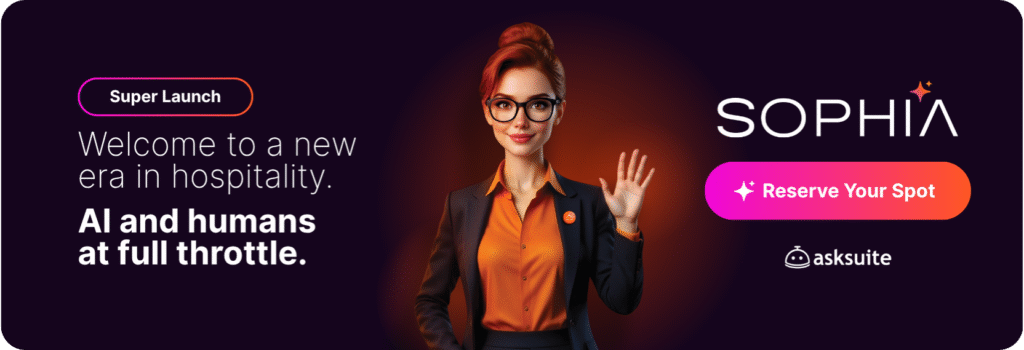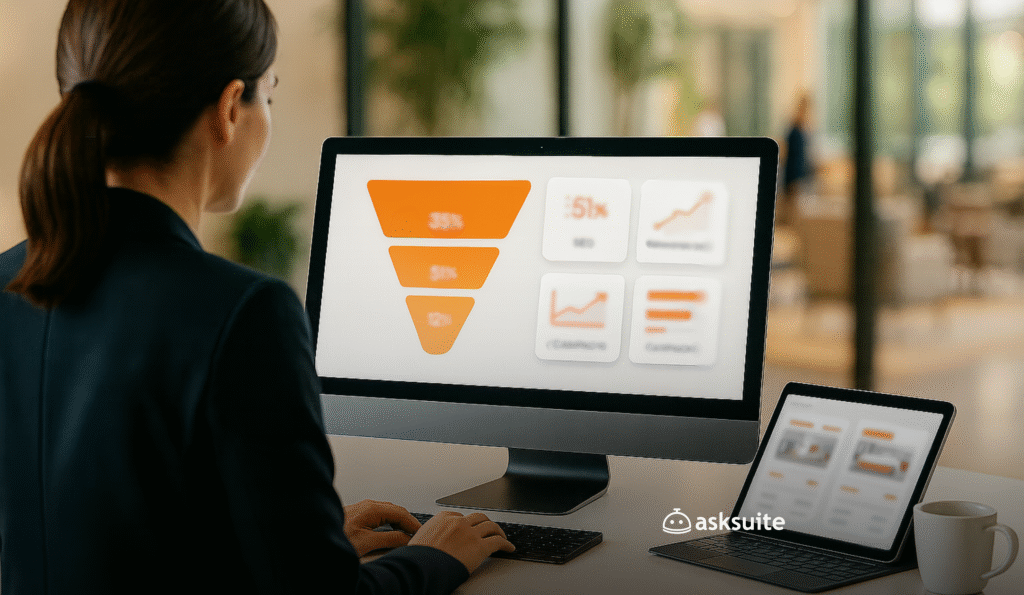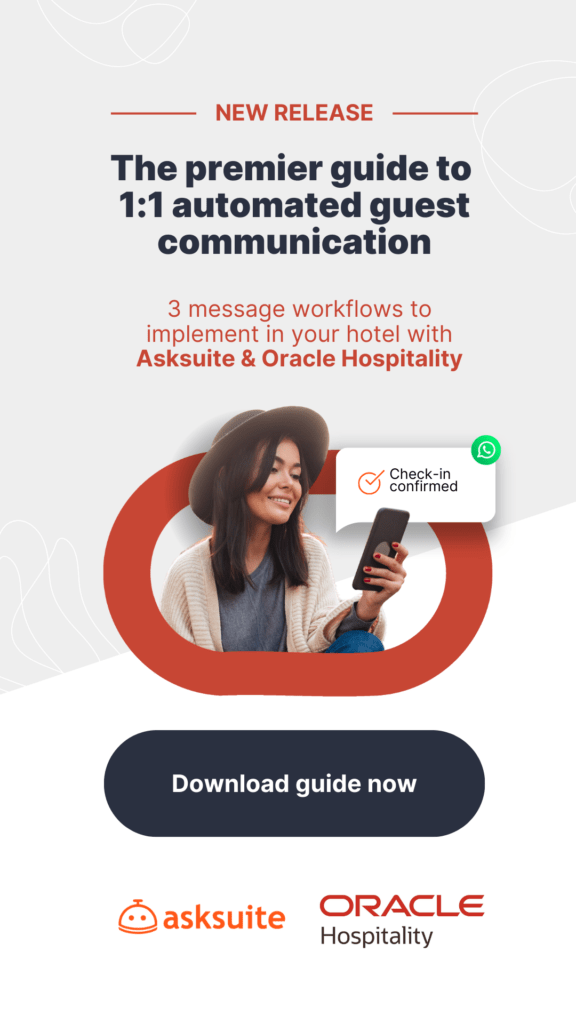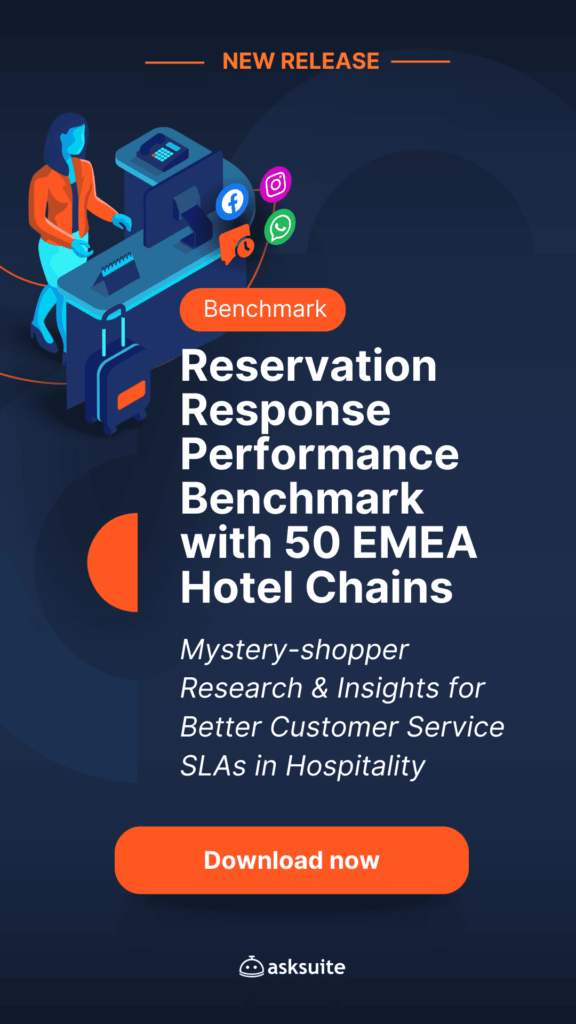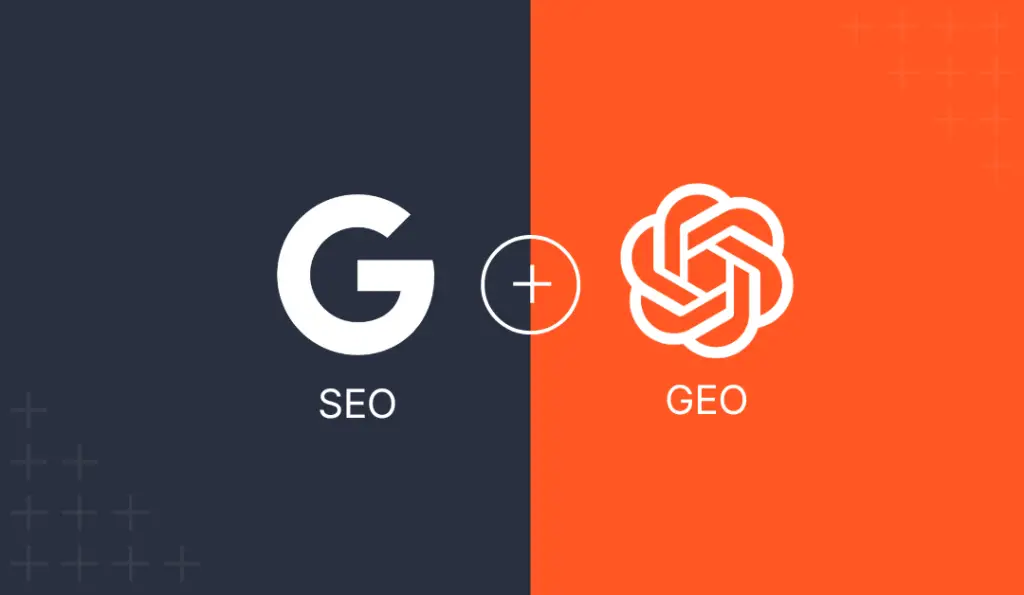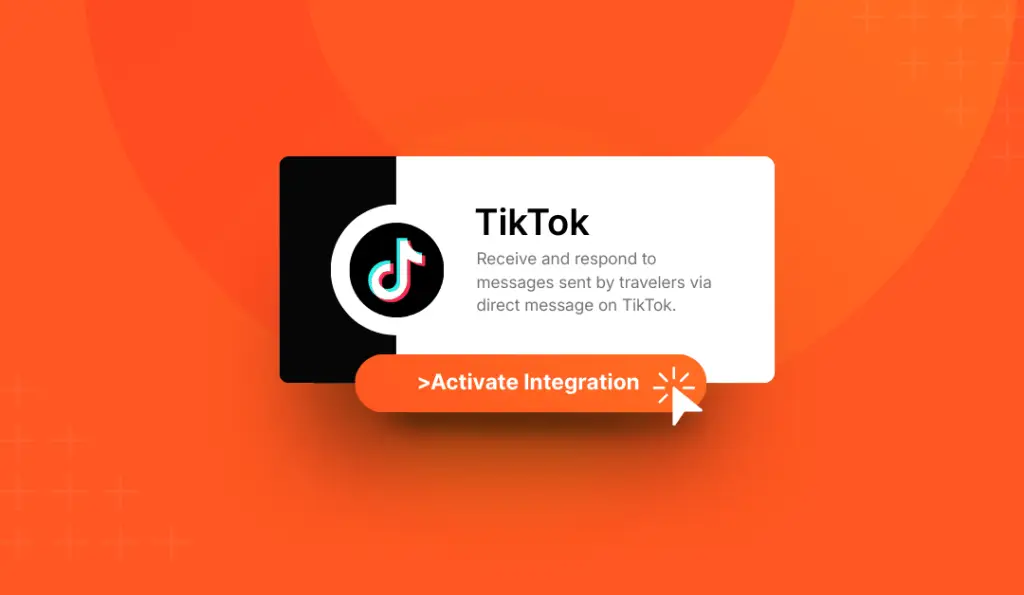Explore proven hotel marketing strategies for 2025 designed to boost direct bookings, reduce OTA reliance, and maximize revenue through digital and automated channels.
In 2025, hotels must move beyond relying on OTAs and embrace direct sales through targeted hotel marketing. According to Kalibri Labs via Hotel Tech Report, 27 % of hotel bookings now occur directly through the property, with another 25 % via the hotel website, totaling over half of reservations originating from hotel-owned channels. SiteMinder’s 2024 study adds that reservations booked directly on a hotel’s website average US $519, compared to US $320 viaOTAs, underscoring how direct marketing can yield substantially higher revenue.
At the same time, travelers visit an average of 38 websites before they book accommodations, making standout content crucial. To remain competitive, hoteliers must invest in data-driven marketing strategies—from SEO and local targeting to review management, social media, and email automation.
This guide will explain how to build a 2025-ready hotel marketing strategy that boosts direct bookings, strengthens guest loyalty, and maximizes revenue from owned channels.
What is hotel marketing?
Hotel marketing refers to the set of strategies hotels use to attract, convert, and retain travelers through direct communication and owned digital channels. This includes content creation, SEO, social media, paid ads, email campaigns, and reputation management.
Nowadays, effective hotel marketing is no longer an auxiliary function. It plays a central role in profitability, especially as hotels seek to reduce dependency on OTAs.
According to STR, the U.S. hotel industry saw ADR increase by +3.4 % and RevPAR rise +4.5 % in January 2025, but rising distribution costs continue to squeeze margins. Direct bookings offer crucial revenue control, especially when supported by effective marketing.
By investing in well-structured marketing strategies, hotels can:
- Build stronger brand awareness across key markets
- Engage with guests before, during, and after their stay
- Increase conversion rates through tailored messaging
- Improve net revenue by reducing third-party commissions
In short, hotel marketing is the direct link between visibility and profitability. In a search-dominated and mobile-first travel ecosystem, it’s the foundation for long-term growth.
What are the top hotel marketing strategies to boost direct bookings right now?
The most successful hotel marketing plans in 2025 are built on proven, scalable strategies. Below are the top approaches that drive direct revenue and reduce reliance on intermediaries.
1. Prioritize SEO and GEO for Hotel Websites
Optimize your site for organic searches by including local keywords such as “hotel in Lisbon” or “ boutique hotel Madrid”. This strategy can help interested travelers easily find your hotel.
You can also create geo-targeted pages and blog posts answering location-specific queries that are common among tourists.
Don’t forget about technical issues, they also matter to SEO best practices: Focus on fast-loading, mobile-responsive pages with clear booking calls-to-action. Google’s E-E-A-T model still favors expert, authoritative, locally relevant content.
2. Implement a Solid Google Business Profile Strategy
Travelers still discover hotels via Google Maps or Google Search, which makes your Google Business Profile critical to visibility. Ensure it’s up to date with accurate address, contact info, high-quality photos, FAQs, and current promotional deals.
You can also encourage guests to leave reviews, properties with over 100 reviews consistently rank higher in local search results and capture more clicks.
Did you know AskFlow can automate personalized post-stay messages to all your guests, freeing up your team from sending review requests manually? If your hotel’s staff still sends one message at a time, get to know AskFlow!

3. Use Metasearch Marketing to Compete with OTAs
Platforms like Google Hotel Ads, Tripadvisor, and Trivago allow hotels to bid for visibility alongside OTAs. When integrated with your booking engine, these metasearch tools display real-time rates, encouraging guests to book directly.
The Influencer Marketing Hub study shows that 67 % of hotel digital marketing budgets focus on metasearch, where top-three listings capture over 54 % of clicks.
4. Leverage WhatsApp communication to Increase Guest Loyalty
WhatsApp offers a powerful channel for nurturing guest relationships. Use it to send targeted messages—like booking confirmations, upsell offers, and loyalty incentives—based on guest profiles and behaviors. Message open rates on WhatsApp can exceed 90 %, often generating 3–4 times more engagement than email. Personalized chat campaigns can drive repeat stays and referrals.
The official WhatsApp API is available for Asksuite clients. If you want to know more about this must-have integration, reach out to a specialist today!

5. Build a Strong Presence on Social Media
Focus on platforms where user trust and visuals align, such as Instagram, TikTok, and Facebook. Upload high-resolution images and video reels to showcase your property, encourage user-generated content, and respond promptly to direct messages.
Important note: Instagram content is now indexed by Google, so maintaining an active, well-tagged presence can improve your search visibility and brand awareness.
6. Prioritize Mobile-First, Instant Booking Experiences
Mobile devices now account for over 70 % of travel website traffic, yet desktop remains more efficient for completing bookings (70.5 % mobile share vs 29.5 % desktop). Guest‑centric studies confirm that more than 50 % of hotel bookings are made on mobile devices. Ensure your mobile experience is smooth with fast load times, intuitive navigation, and optimized payment workflows are essential to minimizing drop-offs.
7. Track Performance and Adjust in Real Time
Use tools like Google Analytics, UTM tracking, and booking engine dashboards to measure conversion rates, campaign ROI, and traffic trends. Regularly review which channels drive the most direct bookings and adjust strategies accordingly. For example, if metasearch outperforms social ads, reallocate the budget for maximum returns.
How to Use Digital Channels for Effective Hotel Marketing
In 2025, digital channels offer measurable, scalable ways to attract, engage, and convert guests. Choosing the right channels,and using each with intention, is key to growing direct bookings. Check out the five high-performing digital channels and how to leverage them effectively.
1. Utilize Communication Channels as the Central Booking Hub
Your hotel’s main communication channels should be the foundation of all digital marketing. They must load fast, be optimized for mobiles, and clearly detail room types, rates, and booking CTAs.
Integrate them with an AI Reservation Agent combined with a smart booking engine that allows real-time pricing and availability. Add persuasive elements like trust badges, guest reviews, and urgency messaging (e.g., “Only 2 rooms left”).]
.2. Run Paid Ads on Google to Capture High-Intent Travelers
Google Ads allow you to appear at the top of search results for high-converting keywords like “hotel near Central Park” or “beachfront resort in Bahia.” Use branded campaigns to outbid OTAs on your own name and capture direct traffic. Set up remarketing to re-engage users who visited your site but didn’t book.
Pair paid ads with strong landing pages to convert clicks into bookings efficiently.
3. Build an Always-On WhatsApp Strategy
WhatsApp is more than a customer support tool, it’s a direct sales channel. Use it for lead qualification, upselling, booking confirmations, and guest reactivation. Implement automation for FAQs and post-stay follow-ups, and personalize your campaigns with guest data (e.g., room preferences, check-in dates).
Create opt-in workflows on your site and social media to grow your WhatsApp audience over time.
4. Invest in Instagram Content That Informs and Converts
Instagram is now indexed by Google, which means your posts and Reels can surface in searches. Share destination highlights, behind-the-scenes stories, and short-form videos showing your hotel’s value. Use hashtags, alt text, and location tagging to increase reach.
Turn your profile into a conversion tool with links to book, WhatsApp, and special offers.
5. Use Review Platforms to Build Trust and Influence SEO
Encourage satisfied guests to leave reviews on TripAdvisor, Google, and Booking.com. These reviews influence guest decisions as well as impact your visibility in search results. Respond to all reviews with thoughtful, on-brand replies.
Display top reviews on your site and include them in remarketing emails and WhatsApp messages to reinforce trust during the decision-making process.
What are the Best Hotel Marketing Tools and Platforms
A strong marketing strategy depends on the right tools. In 2025, hotels need platforms that simplify communication, unify data, and support proactive guest engagement. Below are four essential solutions that help hotels grow direct bookings and scale operations—while staying in the driver’s seat.
1. Official WhatsApp API for Hotels
WhatsApp continues to dominate traveler communication. By using the official WhatsApp API, hotels can send messages at scale while staying compliant with Meta’s policies. From booking confirmations and check-in reminders to upsells and abandoned cart recovery, WhatsApp becomes a direct channel for conversion.
Unlike standard WhatsApp Business accounts, the API version connects to your CRM and booking systems, enabling automation, personalization, and full message history tracking.
2. AskFlow: Communicate with Guests Throughout Their Journey
AskFlow helps hotels design automated communication flows tailored to each stage of the guest lifecycle: pre-booking, pre-arrival, in-stay, and post-departure. You can use it to capture leads, guide travelers to the booking engine, send stay reminders, and request reviews after check-out.
Workflows are fully customizable, ensuring guests get timely, relevant information on the right channels without staff involvement.
3. Omnichannel Platform to Centralize Interactions
Managing inquiries across email, Instagram, WhatsApp, Messenger, and website chat is unsustainable without a unified inbox. An omnichannel solution brings all conversations into one place, so agents have full context, avoid duplicated responses, and deliver faster service.
With centralized communication, guests receive a consistent experience across all platforms, and teams gain visibility into every interaction.
4. Real-Time Dashboards to Track Marketing and Sales Impact
Access to data is essential for decision-making. With real-time dashboards, hoteliers can track KPIs like response time, booking intent, and channel performance. For example, Asksuite’s SLA dashboard shows how fast agents respond across channels, while Asksuite’s Sales Performance dashboard reveals how many leads convert into bookings.
These insights help teams refine strategy, allocate resources, and focus efforts where ROI is highest.
5. Google Business Profile to Improve Local Search Visibility
Google Business Profile remains one of the most impactful free tools for hotel marketing. It allows properties to appear in local searches and Google Maps results with up-to-date information, photos, and guest reviews. Hotels that actively manage their profile often see increased clicks and direct bookings, especially for location-based searches. An optimized profile is essential to compete with other hotels in local search rankings.
How to Build Your Hotel Marketing Plan: A Step-by-Step Guide
If you’re starting from scratch or want to structure your marketing efforts more effectively, a solid plan is vital. Below is a step-by-step guide tailored to hoteliers who may not have formal marketing experience. This approach helps you focus on what matters: attracting qualified guests and increasing direct revenue.
Step 1: Define Your Goals
Start by identifying what success looks like. Common goals include:
- Increasing direct bookings by 20%
- Reducing OTA commissions by 30%
- Growing WhatsApp subscribers by 1,000 contacts
- Improving brand visibility in a particular geographic market
Be specific, and set timelines so you can measure your progress.
Step 2: Know Your Audience
Who are your most profitable guests? Segment them by:
- Travel purpose (business, leisure, events)
- Geographic origin
- Booking behavior (last-minute, early planners)
- Communication preferences (email, WhatsApp, social)
Use guest history or booking engine data to build accurate personas.
Step 3: Audit Your Current Marketing Channels
Review what you’re already doing across:
- Website SEO, GEO, and mobile experience
- Paid ads (Google, Meta, metasearch)
- Social media presence and engagement
- Guest messaging (email and WhatsApp)
- Google Business Profile and review platforms
Identify gaps or underperforming areas you can improve.
Step 4: Choose Your Core Marketing Channels
Select the channels where your audience is most active. For most hotels, the core should include:
- SEO + GEO + local content for organic visibility
- WhatsApp for guest relationship nurturing
- Instagram for destination storytelling and indexing on Google
- Google Ads or metasearch for acquisition
Prioritize no more than 3–4 channels if your team is small.
Step 5: Plan Your Monthly Campaigns
Build a 12-month calendar of promotions, seasonal offers, and content. Tie each campaign to a goal. Examples:
- March: “Easter Getaway” for families
- July: “Last-Minute Summer Deals”
- October: “Plan Your Holiday Stay in Advance”
Include planned WhatsApp campaigns, Instagram posts, Google Ads, and blog topics.
Step 6: Set KPIs and Measurement Tools
For each channel and campaign, define clear metrics:
- Website traffic (via Google Analytics)
- Conversion rate (via booking engine)
- Message open and click-through rates (WhatsApp/Email)
- ROI by channel (e.g., cost per booking via Google Ads)
Use dashboards or spreadsheets to track weekly and/or monthly progress.
Step 7: Optimize Monthly Based on Performance
Review your data, test new approaches, and refine. Replace underperforming ads, tweak website CTAs, or experiment with new formats (like Reels or voice notes on WhatsApp). Consistent iteration is the key to sustainable results.
Get ready to be noticed by travelers all around the world
Winning nowadays requires more than short-term tactics, it takes a future-ready strategy built on automation, personalization, and geographic relevance. Travelers now book locally, communicate through messaging apps, and expect a seamless experience from discovery to check-out. Hotels that prioritize SEO + GEO optimization, integrate omnichannel tools, and communicate at scale will gain a competitive edge.
But staying ahead also means embracing innovation. AI is no longer a trend, it’s a core capability for hotels aiming to streamline operations and increase revenue. With the right tools, your team can focus on what truly matters: delivering memorable experiences.
That’s where Sophia comes in. Asksuite’s next-gen AI is built to revolutionize hotel communication with travelers.
Sophia combines:
- A powerful and fluid conversational AI
- An agent copilot that boosts your reservation team’s productivity
- A smart data hub that’s tailored for the hospitality industry.
More than a chatbot, Sophia automates intelligently, delivers personalized service, and scales without compromising quality.
